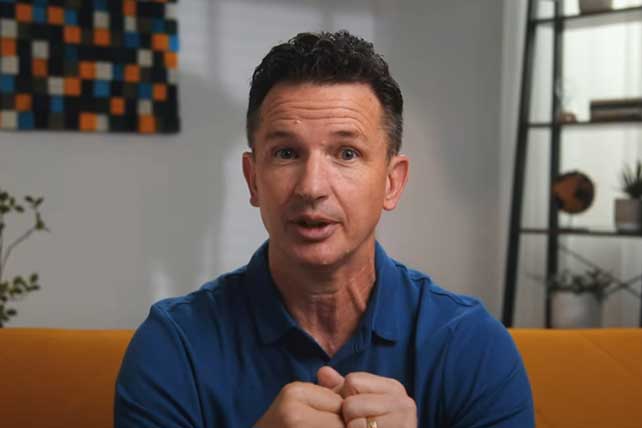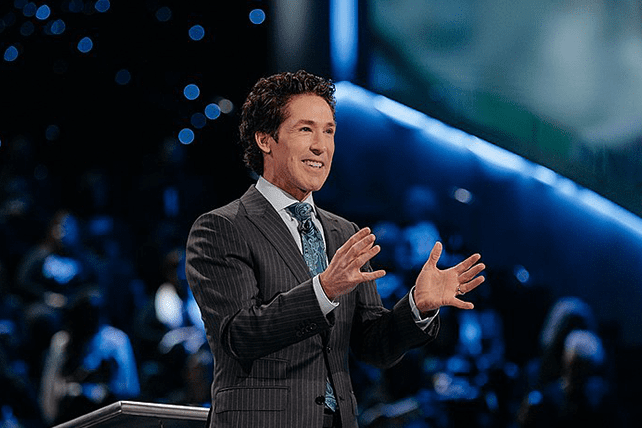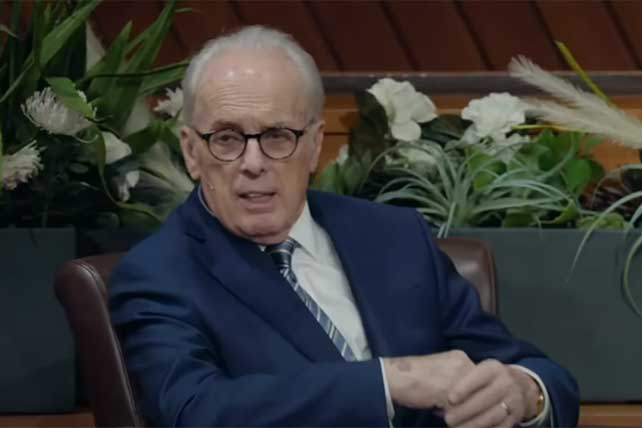Have you ever thought about what you want written on your tombstone? That may seem like a morbid thought to most people, but it’s actually a healthy question. As Psalm 90:12 says, “Teach us to number our days, that we may apply our hearts to learn wisdom.” We should periodically stop to think about our lives from the end. In Acts 20, we get a glimpse into five possible epitaphs for the legacy of the Apostle Paul. Paul gives a farewell speech to some of his closest friends and summarizes his entire philosophy of life. I’d like to be able to have these five statements be the funeral sermon at the end of my life.
5 Epitaphs for the Legacy of the Apostle Paul
1. I have been faithful to do what Jesus told me to do.
Paul says (to paraphrase Acts 20:24), “My single focus has been and is to do what God has told me to do.” At the end of the day, that is the only thing that really matters.
People go wrong with this in two opposite ways. Some people feel like it is their responsibility to save the world—to fix their friends, to make absolutely certain that their kids turn out right, to redeem every last orphan. So they carry the weight of the world on their shoulders, and nothing they do ever feels like enough. On the other hand, I’ve known people who never even stop to think that God has given them a responsibility at all.
We aren’t responsible to save the world; but we are responsible to fulfill the assignment Jesus has given us. Many of us need to redefine what “success” looks like in our lives. The legacy of the Apostle Paul reminds us that success in life is identifying what God has called you to and being completely faithful in it.
2. I told the truth.
Twice in Paul’s speech he says, “I did not shrink from declaring” the entire truth of the gospel (vv. 20, 27). Paul saw himself as a herald of the truth. He wasn’t responsible for the content of the message; he was only responsible to deliver it.
I want my life to be an example of that kind of boldness. The truth of the gospel can be offensive: People don’t like to hear about their sin, about the righteous judgment of God, about the reality of hell. But if we shrink from declaring the whole gospel because it’s uncomfortable, we are implicitly telling the world, “We don’t care that you are dying.”
We aren’t responsible to make our friends and family believe, but to tearfully present the truth like Paul (Acts 20:19, 31). Following the example of the legacy of the Apostle Paul Charles Spurgeon said, “If sinners be damned, at least let them leap to Hell over our dead bodies. And if they perish, let them perish with our arms wrapped about their knees, imploring them to stay. If Hell must be filled, let it be filled in the teeth of our exertions, and let not one go unwarned and unprayed for.”
3. I directed people’s attention toward Jesus, not toward myself.
Paul defines his ministry as one filled with “humility and with tears and with trials” (Acts 20:19). That’s not how most of us would like to summarize our lives. I’d prefer victory, power and joy. In fact, the Greek word Paul used for “humility” was used quite extensively outside of the Bible as an insult. It meant low, weak, defeated. Yet when Paul uses it—and throughout the New Testament—it is considered a virtue.






 In a world that often celebrates extroversion, being an introvert can sometimes feel like navigating a landscape designed for someone else. Yet the quiet strength of introversion can be a profound foundation for building meaningful connections and expanding one’s circle of friends. The key lies not in reinventing one’s intrinsic nature but in leveraging the unique qualities introverts possess.
In a world that often celebrates extroversion, being an introvert can sometimes feel like navigating a landscape designed for someone else. Yet the quiet strength of introversion can be a profound foundation for building meaningful connections and expanding one’s circle of friends. The key lies not in reinventing one’s intrinsic nature but in leveraging the unique qualities introverts possess.






















